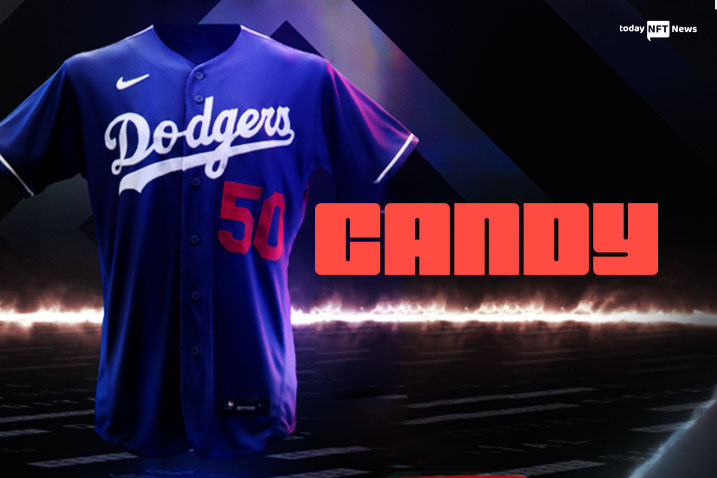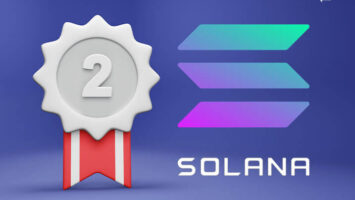SNEAK PEEK
- Michael Rubin investing 60% in Candy Digital.
- Candy Digital was established in June of 2021.
- In October 2021, Candy Digital obtained a $100 million investment.
Fanatics, a sports platform company run by Michael Rubin, is selling its 60% stake in the NFT startup Candy Digital. Fanatics, which had held the majority of Candy Digital’s stock, will sell its holding to investors. The investor group will be headed by Galaxy Digital, the crypto-commercial bank run by Mike Novogratz.
Candy Digital was created in June 2021 in the midst of the sports NFT boom, battling in the electronic sports collectible area alongside firms like Dapper Labs. One of its earliest initiatives stemmed from a multiyear license arrangement with MLB to create non-fungible tokens, including an exclusive Lou Gehrig NFT. Additionally, it produced digital artifacts for WWE, numerous Nascar teams, and Netflix’s Stranger Things.
In October 2021, Candy Digital received a $100 million Series A investment, valuing the business at $1.5 billion. The Pro Football Hall of Famer Peyton Manning and SoftBank’s Vision Fund 2 were some of the investors in that funding round.
It is unclear how much Fanatics received in exchange for its stake in the company. Still, Rubin stated, Divesting their ownership interest at this time ensured shareholders were able to recover the majority of their funding via cash or additional shares in Fanatics — a favorable result for shareholders, particularly in a collapsing NFT market that has seen sudden and dramatic drops in both trading volumes and rates for standalone NFTs.
With a market worth of $31 billion, Fanatics, which was launched in 2011, has developed into a well-known brand in sports apparel and online shopping. Fanatics received $700 million in additional investment in December 2022. The money will be used to look at potential merger and acquisition opportunities in its gaming, sports betting, and collectibles sectors.
The NFT markets substantially contracted during the 2022 crypto winter. Overall daily sales have fallen from over 100,000 in January 2022 to roughly 15,000 today, according to the Non Fungible Market Tracking System.









